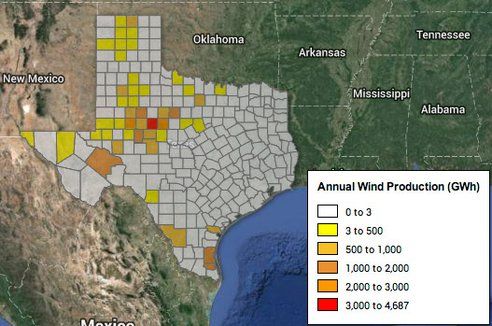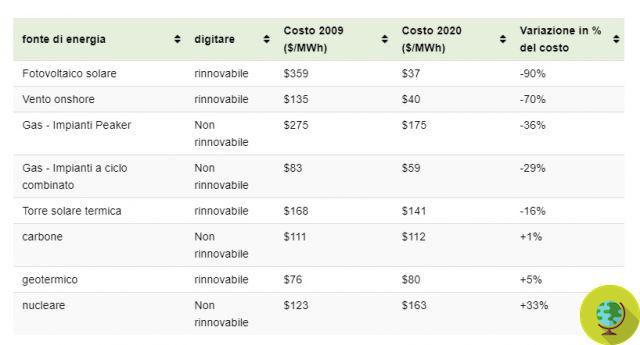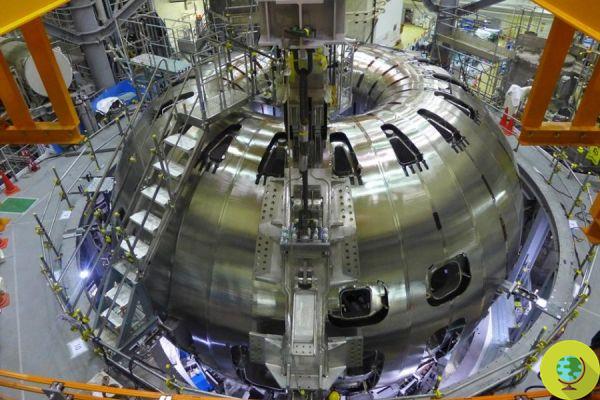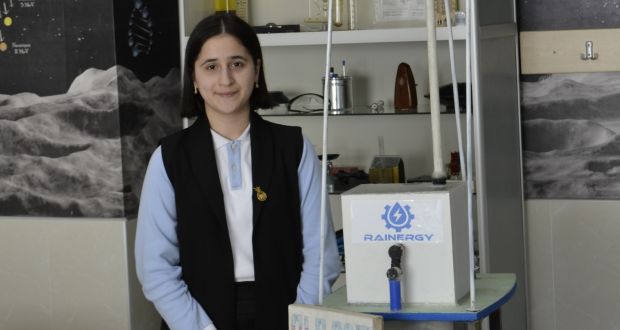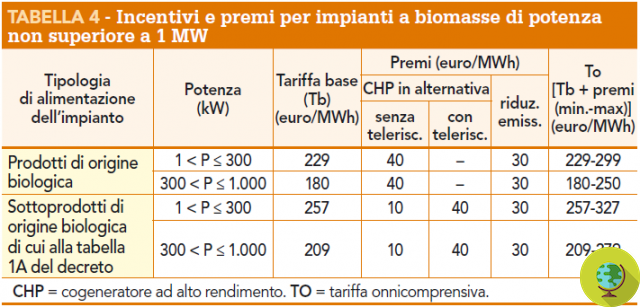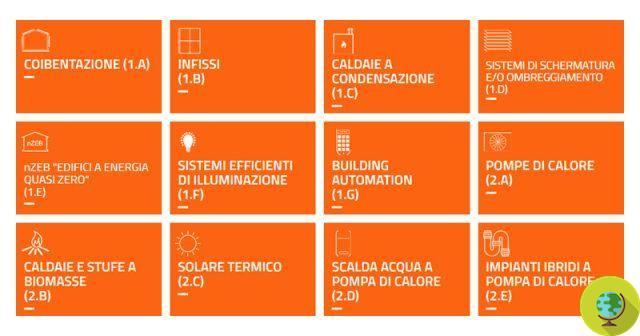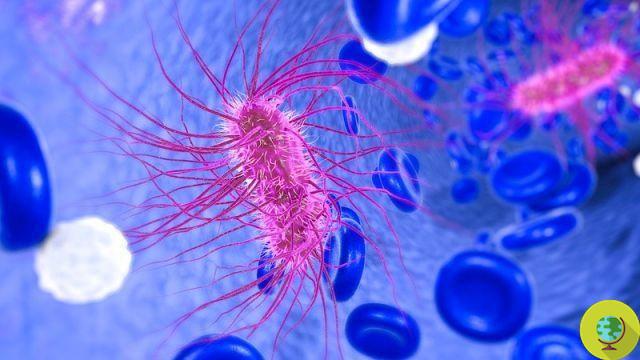
In the future, biodiesel could be produced directly from biomass and agricultural waste, without affecting the production of products intended for food use. All thanks to the use of a bacterium, Escherichia coli, whose natural habitat is the human intestine and that of other warm-blooded animals. This was suggested by researchers from the University of California at Berkeley who, with the help of the American company LS9, carried out an experiment whose encouraging results were published in the famous scientific journal Nature.
He is about to end up run over, his mother saves him
In future it could be produced biodiesel directly from biomass and agricultural waste, without affecting the production of products intended for food use. All thanks to the use of a bacterium, "Escherichia coli", whose natural habitat is the human intestine and that of other warm-blooded animals. This was suggested by researchers from the University of California at Berkeley who, with the help of the American company LS9, carried out an experiment whose encouraging results were published in the famous scientific journal Nature.
In fact, it would be a revolutionary production method, an alternative to the techniques known so far, capable of overcoming the obstacles that have hitherto hindered the spread of organic diesel. The biggest problem in producing biodiesel is that it takes resources away fromagriculture, especially in the poorest countries. To have biodiesel, in fact, it is necessary to produce bioethanol, an ethanol that is obtained from the fermentation of agricultural products such as sugar cane, pomace, the cereals, the amidacei and, in general, plants rich in sugar, thus subtracting land for the cultivation of these plants intended for food consumption.
The possibility of producing biofuel through the action ofescherichia coli carried out by the research of the University of Berkley, would solve this problem as the bacterium genetically modified for the purpose, it would be able to find, "digest", and obtain sugars even starting from cellulose. This would make it possible to obtain biodiesel also from other crops, such as for example more and money, but above all to get it also from wood, straw, waste materials agricultural processing, organic waste e biomass in general, without affecting the resources destined for human food consumption.
The study would also be innovative, also because the final product, the biofuel, would not contain ethanol, but a mixture of much more complex molecules: the ethyl-ester fatty acids, which would be able to produce a greater amount of energy, at least double the second Eric Steen, one of the authors of the study, who added that there would not even be a need to replace the normal combustion systems used as is the case, instead, with bioethanol. No unfair competition, therefore, between mouths to feed and fuel tanks, no increase in the cost of food and no subtraction of resources for human consumption. We should start looking at bacteria with different eyes.
Andrea Marchetti












